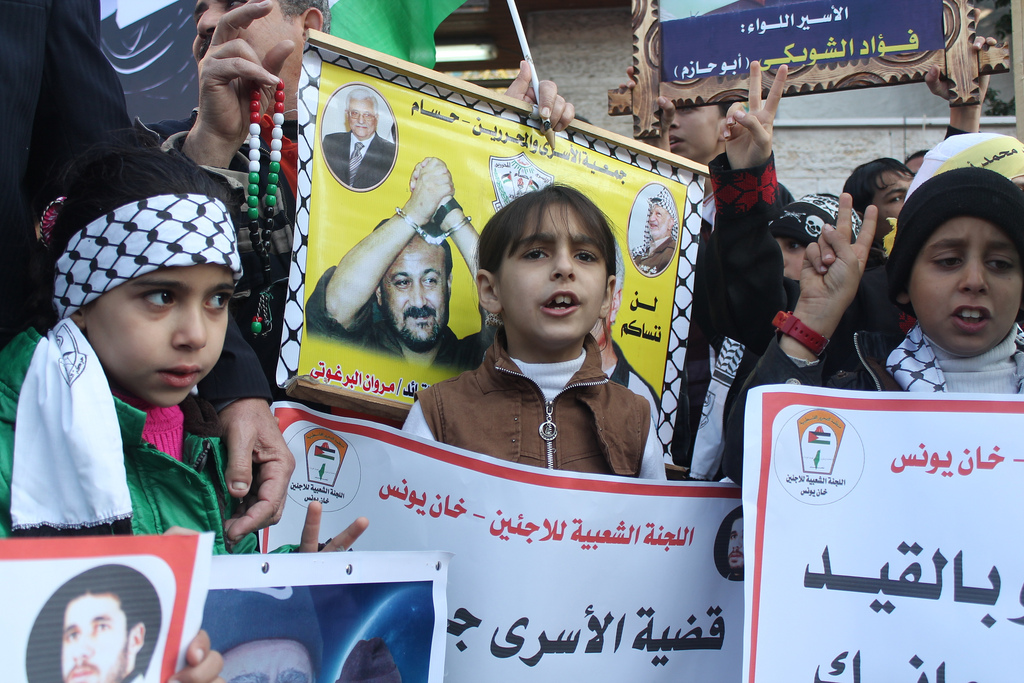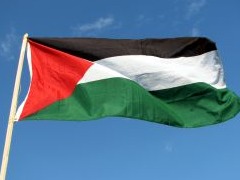Author: ISM Media
-
Gaza welcomes freed Palestinian detainees, rallies for others in illness and isolation
15th January 2014 | International Solidarity Movement, Marco Varasio | Gaza, Occupied Palestine Like every Monday morning, people gathered at International Committee of the Red Cross’ Gaza office to demonstrate in solidarity with the Palestinian prisoners in Israeli detention facilities. This week’s rally started with the chanting of slogans against the illegal detention of Palestinians…
-
Gaza’s economy shattered by Israeli siege
15th January 2014 | International Solidarity Movement, Rosa Schiano | Gaza, Occupied Palestine A recent report by the Chamber of Commerce, Industry and Agriculture in Gaza says the Israeli authorities have closed Karm Abu Salem (Kerem Shalom) checkpoint, the Gaza Strip’s only commercial crossing, for 150 days, 41% of working days, during 2013. The reports points out that…
-
International activists physically and verbally abused in detention
15th January 2014 | International Solidarity Movement | Occupied Palestine On Wednesday 8th January, Vincent Mainville and Fabio Theodule were arrested by Israeli border police in Khalil (Hebron). The two actvists were handcuffed and taken to Jaabara police station where they were forced to kneel on the concrete floor for approximately 30 minutes. Fabio was blindfolded…



